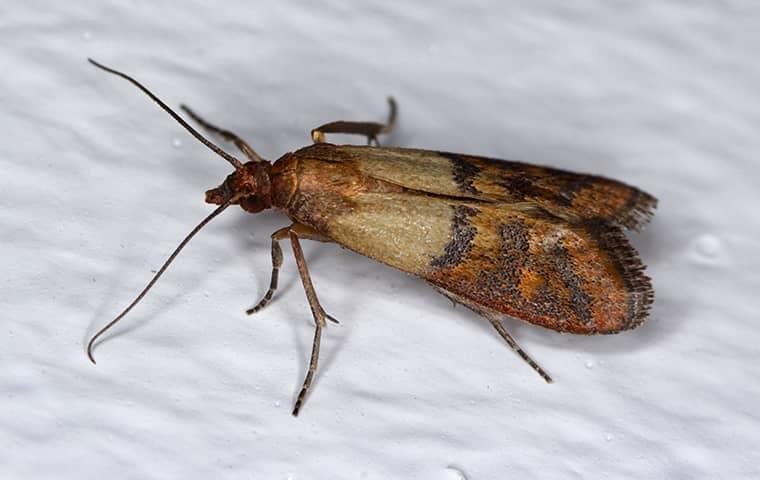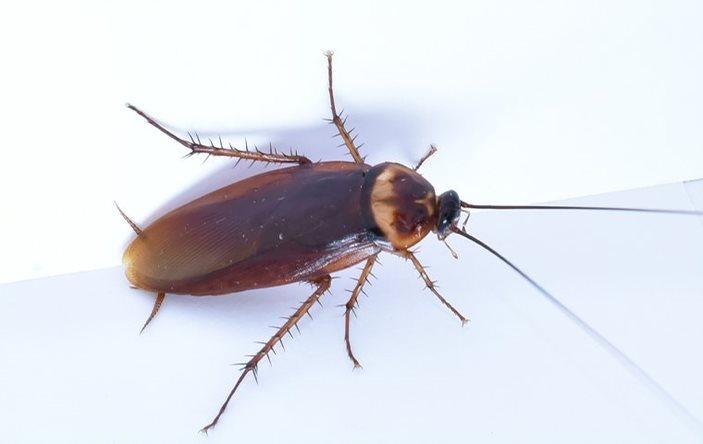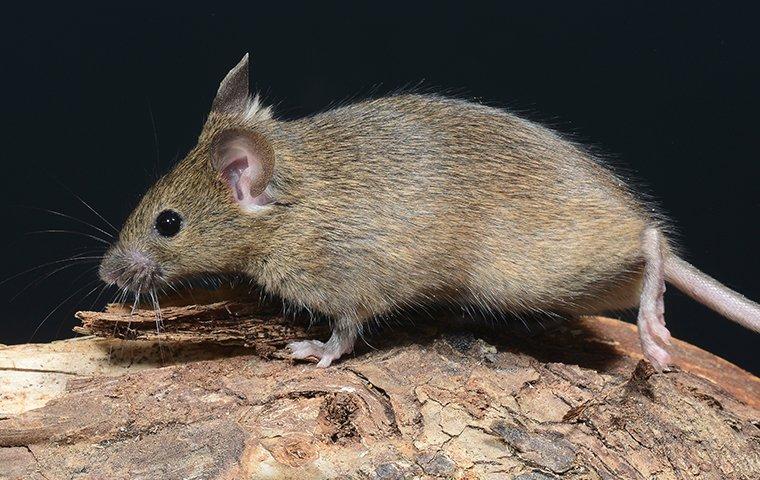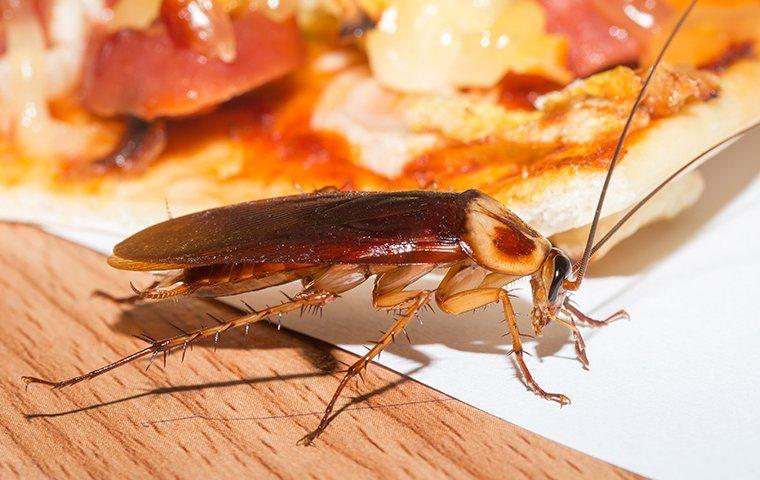Why It's Important To Keep Moths Out Of Your Jacksonville Home
Jan 31, 2019
You’ve spent many days waiting for the moment when it is cold enough to pull your box of sweaters out of the attic. Finally, the day comes! You excitedly open up the box and pull out the sweater on top. As you hold it up, you realize something is wrong. It’s littered with small holes.
You grab the next sweater and hold it up. It has the same problem. Sweater after sweater comes out of the box and the same thing has happened to all of them. What is going on?

Moth Invaders
It is likely that your box of sweaters has been invaded by casemaking clothes moths. These moths are not destructive as adults, but their larvae eat fabrics in order to get the nutrients they need to grow into adult moths.
These aren’t the only kinds of moths you may find in your home this time of year. Indian meal moths are another common winter pest. You won’t find these destroying your clothes, though. They’re more likely to be in your pantry, feasting on dried grains, chocolate, cereal, and nuts.
While neither of these pests are considered to be dangerous, they do cause damage that will cost you money and frustration. Your clothing, blankets, or other items with fabric can get ruined, and your infested food supplies will have to be discarded.
How to Keep Casemaking Clothes Moths and Indian Meal Moths Out of Your Home
If you’d like to avoid the headache and destruction that these moths cause, you can do a few things to keep them at bay:
- Inspect the packages you bring into your home. Indian meal moths often infest dried foods during the packaging process, which means they may be in the food you bring home from the grocery store. Look for small openings in paper or cardboard bags or boxes, as this could indicate the food has been infested.
- When you get home from the grocery store, transfer food in paper or cardboard into hard plastic or glass containers.
- Clean up spills in your pantry and keep foods in airtight containers. This will prevent the spread of an infestation.
- Keep clothing, blankets, and linens clean. Casemaking clothes moths are especially attracted to fabrics that are stained with food, perspiration, or urine.
- Store unused fabrics in hard, plastic bins with tightly fitting lids.
What to Do if You Have a Moth Infestation
If you see signs of an infestation, such as larvae in your flour, holes in your sweaters, or the moths themselves, call Lindsey Pest Services. We offer safe and effective treatment services to eliminate casemaking clothes moths and Indian meal moths in all stages of development. We will ensure that you won’t have to deal with a re-infestation down the road.
Keep your sweaters safe and your food secure with the help of the pest professionals at Lindsey Pest Services. We’re here to help!












